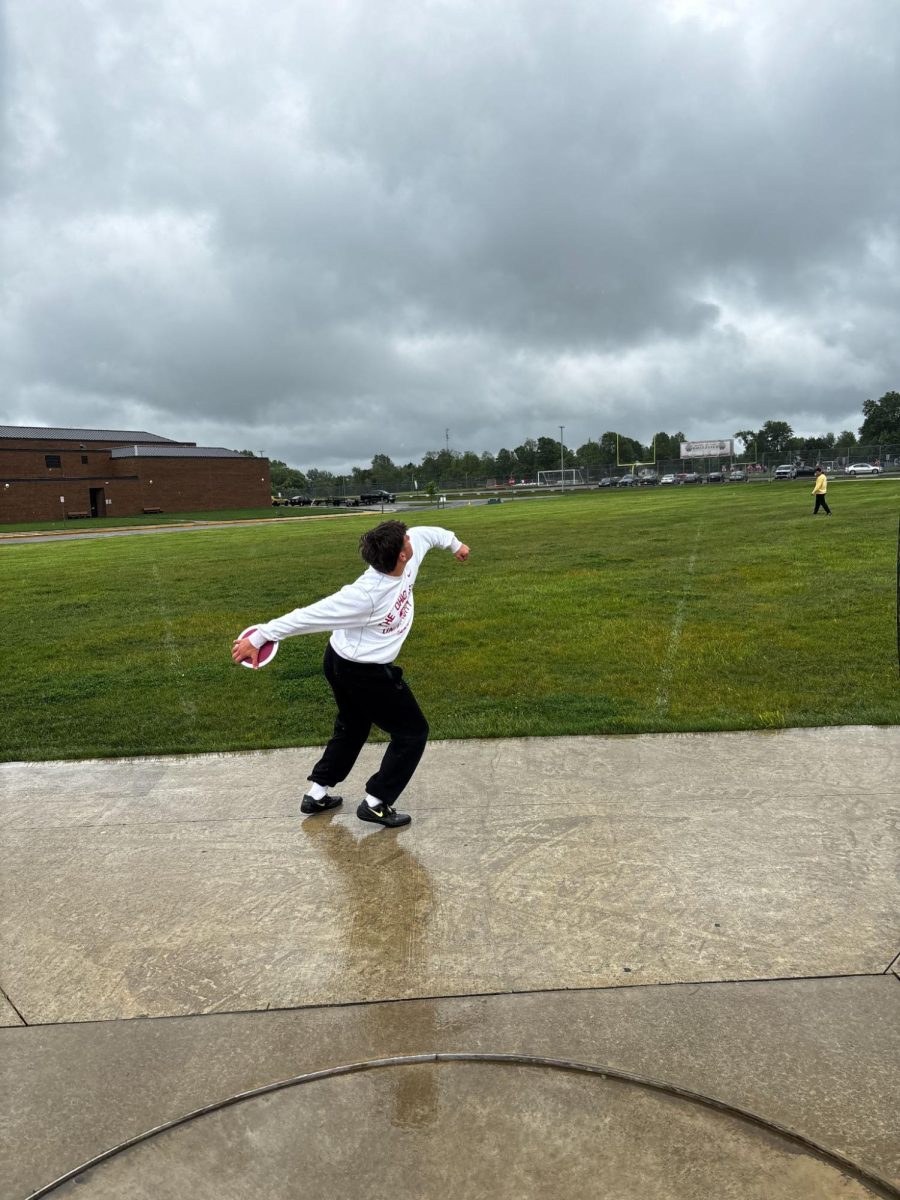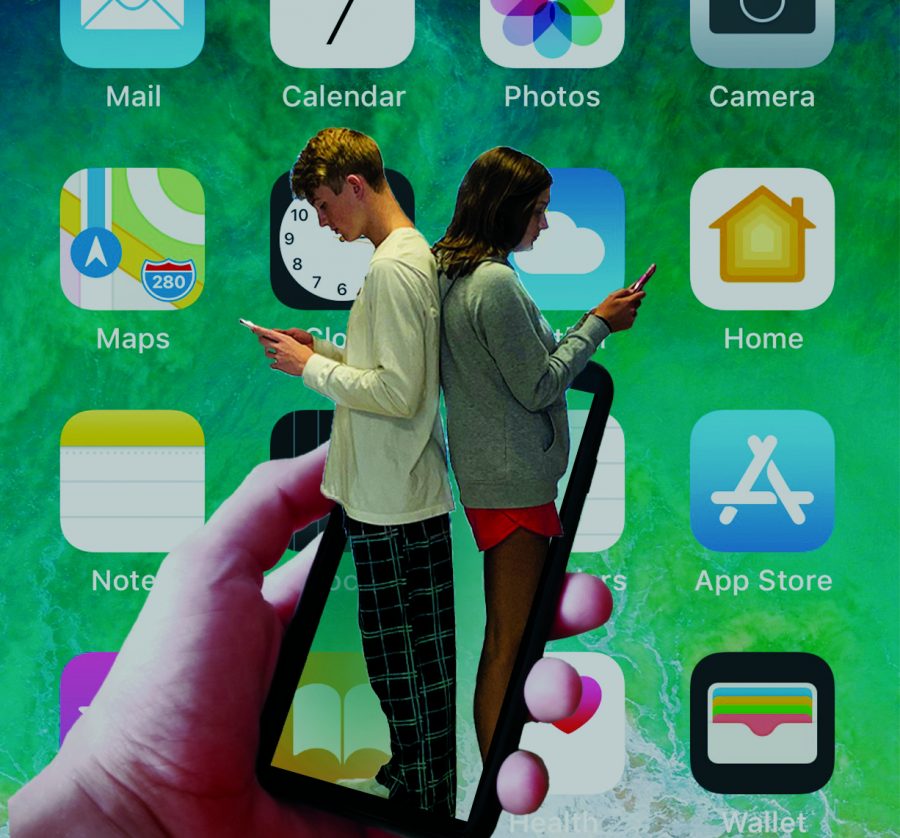BY ANNA WOLFINGER AND MORGAN PORPORA

How Screen Time Affects You
Restless nights, tossing and turning, the inability to fall asleep, these symptoms happen to the majority of teens each night. Professionals say that teenagers need an average of about nine hours of sleep each night, but the reality is, most teens barely get a minimum of seven. One of the main causes for this disruption of rest is the overuse of phones right before attempting to fall asleep.

Every screen releases blue light into the eyes of the user. According to All About Vision, blue light emits a wavelength of around 400 nanometers, the same amount as the sun. Since most teenagers use their phones right up to when they fall asleep, the blue light confuses the brain into thinking it is daytime, creating restlessness and the inability to fall asleep for hours.
The majority of students at Wadsworth High School get around seven to eight hours of sleep each night, with an average of four hours and ten minutes of daily screen time.

Senior, Caitlyn McDougal, spends an average of six hours and eleven minutes on her phone daily, and sleeps around three hours every night.
“If it is a good night, I typically get two to three hours of sleep,” said McDougal. “If I can’t sleep I will usually go on my phone or watch Netflix.”
With this being the reality that most teens face, it can have a major impact on different aspects of their lives. The lack of sleep can affect concentration in school, it can create mood swings, cause teens to be more irritable and it can also increase nervousness and hyperactivity.

For senior, David Chirumbole, sleep comes easily, more than the average teen. He sleeps around eight to nine hours per night,
“I have around 30 minutes of homework each night, so I go to bed pretty early,” said Chirumbole. “I only spend about three hours on my phone each day.”
Screen time overall affects more than just how much sleep an individual can get. Constantly being attached to a phone for hours at a time can cause fatigue in the eyes, visual impairment, lack of focus, inability to concentrate, an increase in migraines and can cause prolonged neck and back issues as well.
A study published in Cyberpsychology, Behavior and Social Networking, states that the constant use of online social networking can, in some users, resemble symptoms similar to those seen during alcohol, drug and nicotine addictions. This makes the temptation of picking up a phone difficult to resist, and even harder for the user to put it down.

Health as a whole is wavering the longer teens are glued to their phones. Screen time should not be eliminated, but perhaps shortened and limited as to not hinder the long-term health effects on teenagers.



![Wadsworth's Class Of 2025 Walks At Graduation Ceremony [Photo Gallery]](https://wadsworthbruin.com/wp-content/uploads/2025/05/IMG_9018-1-1200x800.jpg)


































